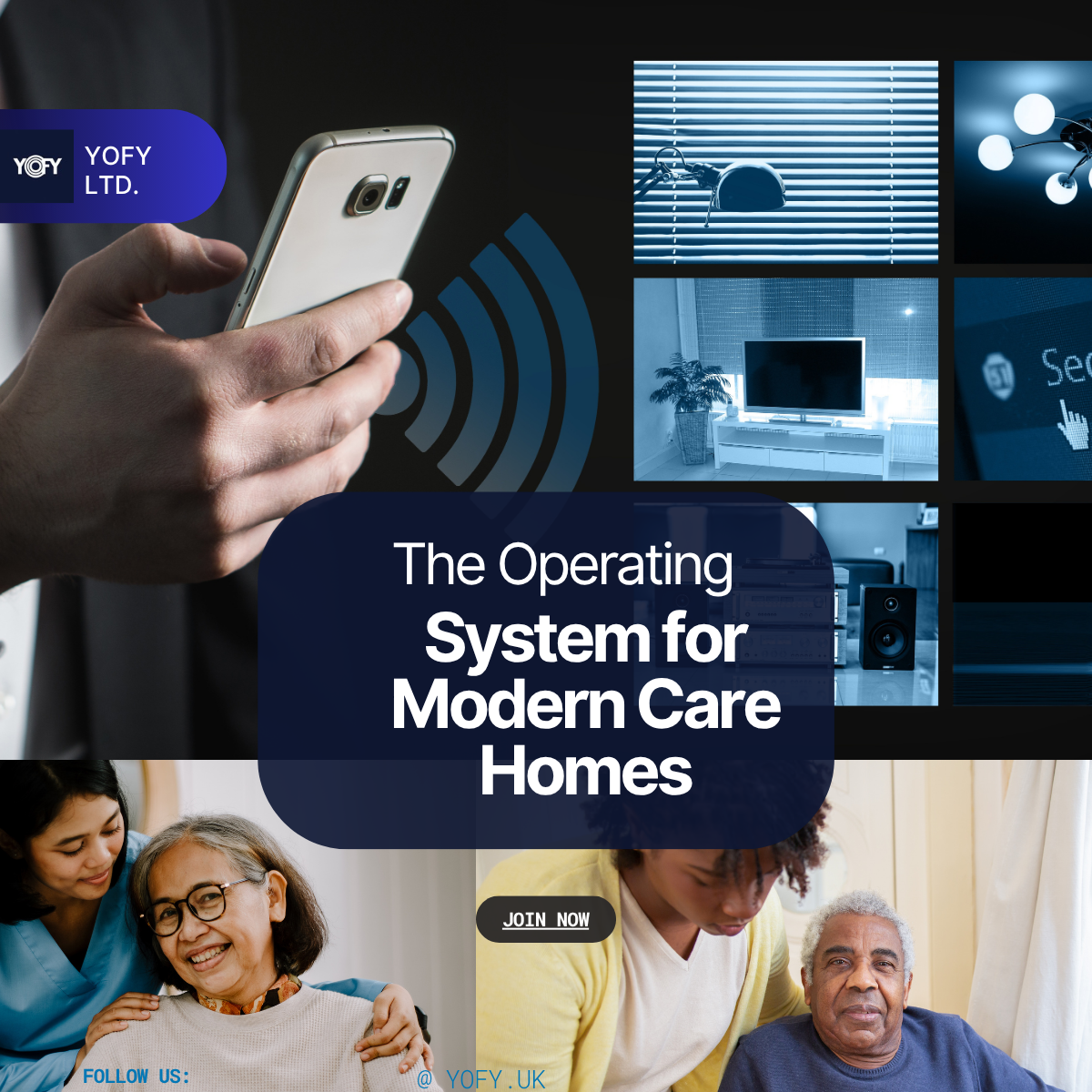
In 2025, around 45–74% of UK care providers have transitioned to digital social care records—but a significant number still rely heavily on spreadsheets and paper ([turn0search0], [turn0search1], [turn0search6]). This gap not only reduces efficiency but also exposes homes to compliance and inspection risks.
Yet while digitisation is growing, mere data presence isn't enough. Spreadsheets can be outdated, siloed, and error-prone—especially when managing shift rotas, billing, and compliance checklists. By 2026, ops intelligence platforms will become the standard, replacing manual processes with real-time dashboards, automated alerts, and seamless workflows.
The Care Quality Commission (CQC) now expects real‑time visibility into staff certification, risk audits, and visit logs. Yet many homes still rely on manual tracking. Ops intelligence removes this burden:
This institutional oversight ensures care homes can demonstrate compliance continuously, not just during inspections.
Digital records save care workers 20 minutes per shift, and provider surveys reveal that over 70% of teams access devices daily and feel comfortable using them ([turn0search6], [turn0search7]). Homes using scheduling tools see:
Accurate automation = happier staff, fewer agency hours, and reduced errors.
Remote monitoring platforms in UK care homes have shown:
National digitization programs estimate such tools save £50–100m annually, alongside productivity gains. In practice, homes that automate billing, scheduling, and compliance often report:
When care homes are put on the market—especially during roll-ups or exits—buyers want control. They look for:
A business running on ops intelligence sells for more, and attracts more confident offers. In this competitive market, dashboards beat documents.
At YOFY, our platform brings together staff scheduling, compliance tracking, billing automation, and family communications—under one digital roof. Not operating like traditional software, but rather serving as a true operating system for modern care homes.
Excel sheets and sticky notes just won’t cut it anymore. Some homes have embraced digitization—but very few have adopted true ops intelligence.
Want priority access to early features and workflows?
Join our Beta Access List